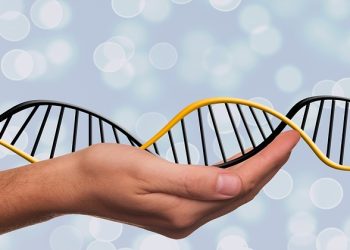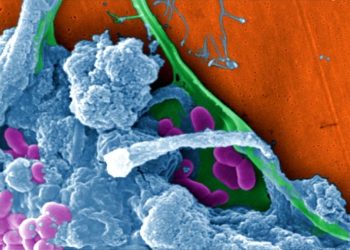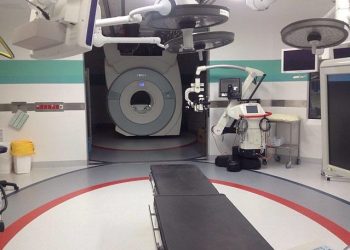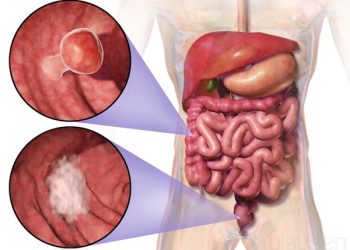As India grapples with a growing number of Covid-19 cases, especially the highly contagious variant called B1.617, another scare seemed to have appeared out of nowhere. According to media reports, many patients have reported symptoms of Mucormycosis in states of Maharashtra, Gujarat, Delhi and Karnataka. It is a rare fungal infection, informally known as ‘black fungus’, caused by a group of mold called mucormycetes.
According to the CDC, Mucormycosis mainly affects people who have health problems or take medicines that lower the body’s ability to fight germs and sickness. It most commonly affects the sinuses or the lungs after inhaling fungal spores from the air. It can also occur on the skin after a cut, burn, or other type of skin injury.
There are several types of mucormycosis: rhinocerebral mucormycosis affecting sinus and brain, pulmonary mucormycosis affecting lung, and gastrointestinal mucormycosis affecting abdomen. The symptoms of mucormycosis depend on where in the body the fungus is growing, says the US-based Centers for Disease Control and Prevention (CDC).
Symptoms include:
One-sided facial swelling, headache, nasal or sinus congestion, black lesions on nasal bridge or upper inside of mouth that quickly become more severe, fever, cough,chest pain, shortness of breath, abdominal pain, nausea and vomiting, and gastrointestinal bleeding.
Why is this infection suddenly in the news?
Moulds called mucormycetes are commonly found in the environment, but, it now seems to affect recovering or recovered Covid-19 patients.
According to a report in The Guardian, Mucormycosis is seen throughout the world, including in the US and Australia. It can be acquired in hospitals – most commonly by vulnerable transplant patients – when the moulds get on hospital linens, travel through ventilation systems, or are transmitted on adhesives.
Indian Council of Medical Research (ICMR) said patients who have had prolonged stays in intensive care units or are immunosuppressed due to steroids are at risk.
Many severe Covid-19 patients in India are being treated with corticosteroids like dexamethasone, an anti-inflammatory drug that also reduces the immune system’s ability to fight infections and other disease to alleviate symptoms, making them more susceptible.
While steroids help in reducing inflammation in lungs they can decrease immunity and increase blood sugar levels in both diabetics and non-diabetic covid-19 patients alike.
According to a BBC report, doctors believe mucormycosis, which has an overall mortality rate of 50%, may be being triggered by the use of steroids, a life-saving treatment for severe and critically ill Covid-19 patients. It’s thought that this drop in immunity could be triggering these cases of mucormycosis.
Mucormycosis – Days Ahead
Prof Peter Collignon, who sits on the World Health Organization’s expert committee on antibiotic resistance and infectious diseases, speaking to The Guardian said, Mucormycosis is expensive and difficult to treat, and has a mortality rate upwards of 50%.
While anti-fungal therapy is given to mucormycosis patients, doctors agree that the solution lies in the judicious use of steroids and the Immunomodulating drugs while treating the Covid patients. In some cases, surgery could be the only treatment for removing all necrotic (dead) material.
Here is an interesting thread on the subject by Dr Priya Sampathkumar:
1/ 🧵on Mucormycosis (Black fungus)
COVID associated Mucor is increasingly being reported in India.
Spores of fungi are common in the environment. Infection occurs when circumstances are right.
Immunosuppression and uncontrolled diabetes are main culprits— Priya Sampathkumar (@PSampathkumarMD) May 14, 2021
ICMR and the Union Health Ministry of India issued an advisory last week urging people to wear shoes, long trousers, long sleeve shirts and gloves while handling soil, moss or manure. People should also maintain personal hygiene, ensure if they have diabetes that it is well controlled, and medical professionals should discontinue immune-suppressing drugs such as steroids as soon as they are able, the healthy ministry said.
(Image Credit: PublicDomainPictures from Pixabay)

















